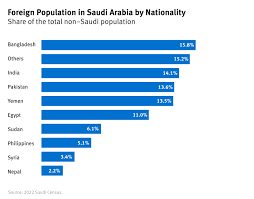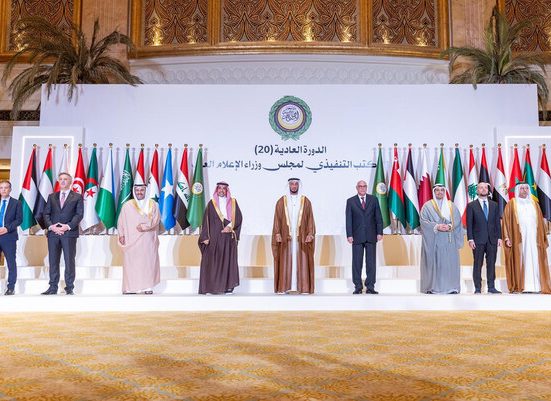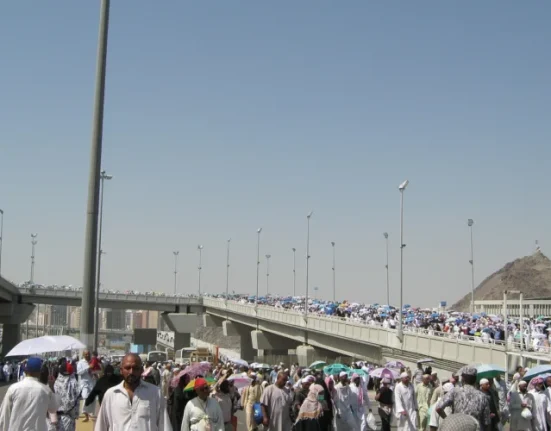Saudi Arabia has introduced new regulations placing limits on the number of private sector workers from four specific nationalities, including India and Bangladesh. The policy aims to manage the composition of the expatriate workforce and prioritize employment opportunities for Saudi nationals as part of the kingdom’s ongoing Saudization efforts.
Under the new guidelines, companies in the private sector are now required to adhere to strict quotas that cap the hiring of workers from these countries. This move is seen as an effort to balance the kingdom’s labor market while encouraging greater participation of local citizens in the workforce.
The affected nationalities, which also include other countries, have traditionally made up a significant portion of Saudi Arabia’s migrant labor force, particularly in sectors such as construction, retail, and domestic services. The policy shift is expected to impact recruitment patterns and may lead to adjustments in labor supply chains across the Gulf region.
Officials note that this development aligns with Saudi Arabia’s Vision 2030 economic diversification plan, which seeks to reduce reliance on foreign labor and promote sustainable growth by empowering Saudi workers. However, the decision has sparked discussions among affected communities and employers about the potential economic and social implications for expatriates residing and working in the kingdom.







